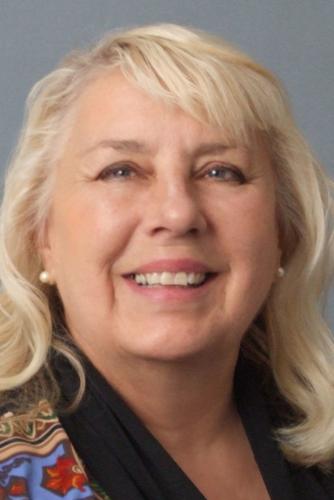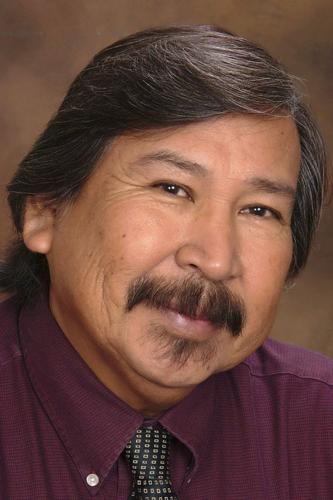Two seats on the Pima Community College Governing Board are up for grabs in the Nov. 6 election.
Issues on the table include declining enrollment, the school’s lack of transparency, developing programming and financial mismanagement.
Maria Garcia and Sherryn “Vikki” Marshall are running to fill the open seat in District 3; and Debi Chess Mabie and Luis L. Gonzales, not the current board member, are in the race for District 5.
Current board members Sylvia Lee and Luis A. Gonzales are not running to keep their positions on the board.
District 3
Garcia and Marshall said transparency underlies most of the issues they want to focus on if elected to the board.
With increased layoffs in recent years, many teachers have expressed fear and anxiety about their futures, Garcia said. She sensed that teachers don’t feel like they can speak out about anything without running the risk of being fired.
“There might be perfectly good reasons for what’s going on, but I don’t understand because there is no transparency,” said Marshall, who served on the board for 12 years and was defeated in 2012 by Lee.
Beyond faculty and staff layoffs, Marshall said, “all stakeholders should be notified before you throw out a program, unless there’s a good reason, then let the community know.”
On her website, Marshall said she would ensure “that the chancellor works for the governing board and not the other way around,” and that she will commit to making herself available to students, faculty and the community.
During Marshall’s time on the board, it faced a string of controversies, many linked to former Chancellor Roy Flores. The board allowed Flores, 70, to resign for health reasons in 2012 after eight current and former female employees accused him of sexual harassment, which he denied. Dozens of administrators left the college during Flores’ tenure.
Garcia wants to be more transparent overall as well. One area that she wants to shed more light on is spending.
Garcia is concerned about the decision to cut the football program and using revenue bonds to create the Centers of Excellence, which aim to concentrate campuses by subject and focus on training students for the work force.
Instead of focusing on the centers, she thinks the school should balance all of the educational services the school provides by supplying noncredit courses, developing programs for people who need to catch up academically, focusing on transfer students and providing training to immigrants within the community.
By doing this, Garcia thinks the falling enrollment numbers can be rectified.
District 5
Chess Mabie and Gonzales believe PCC is still in recovery following the probation by its accreditor, the Higher Learning Commission.
The college was on probation from 2013 to 2015, after the accreditor’s review found evidence of systemic mismanagement and lax governance at the college.
As a member of the board, Mabie said she will hold Chancellor Lee Lambert accountable for meeting benchmarks that keep the college off probation.
“We do not want to slide back,” she said.
Gonzales said a part of the community was left behind in the wake of probation.
“They did away with programs that the community needed,” he said, such as developmental courses. “Those are the people that really need the assistance.”
Chess Mabie wants to develop “relevant and robust programming” that attracts more students.
She said the Spanish-speaking community is overlooked by PCC, and she wants to make sure Spanish-language recruitment materials and practices are implemented. She also wants to emphasize reaching out to the tribes in “culturally relevant ways,” she said.
Chess Mabie also wants to prioritize advocating for state funding and identifying alternative streams of sustainable revenue. The college has received no state funding since 2015.
Gonzales said his first priority is finding answers for those who were laid off by PCC, citing a need for transparency.
“What of the reorganization was really needed?” He asked. In past interviews with the Star, the school said falling enrollment and spending limits prompted layoffs.
The school made dozens of cuts this year, part of the plan to reduce operational spending by $15 million by the end of fiscal year 2020.













